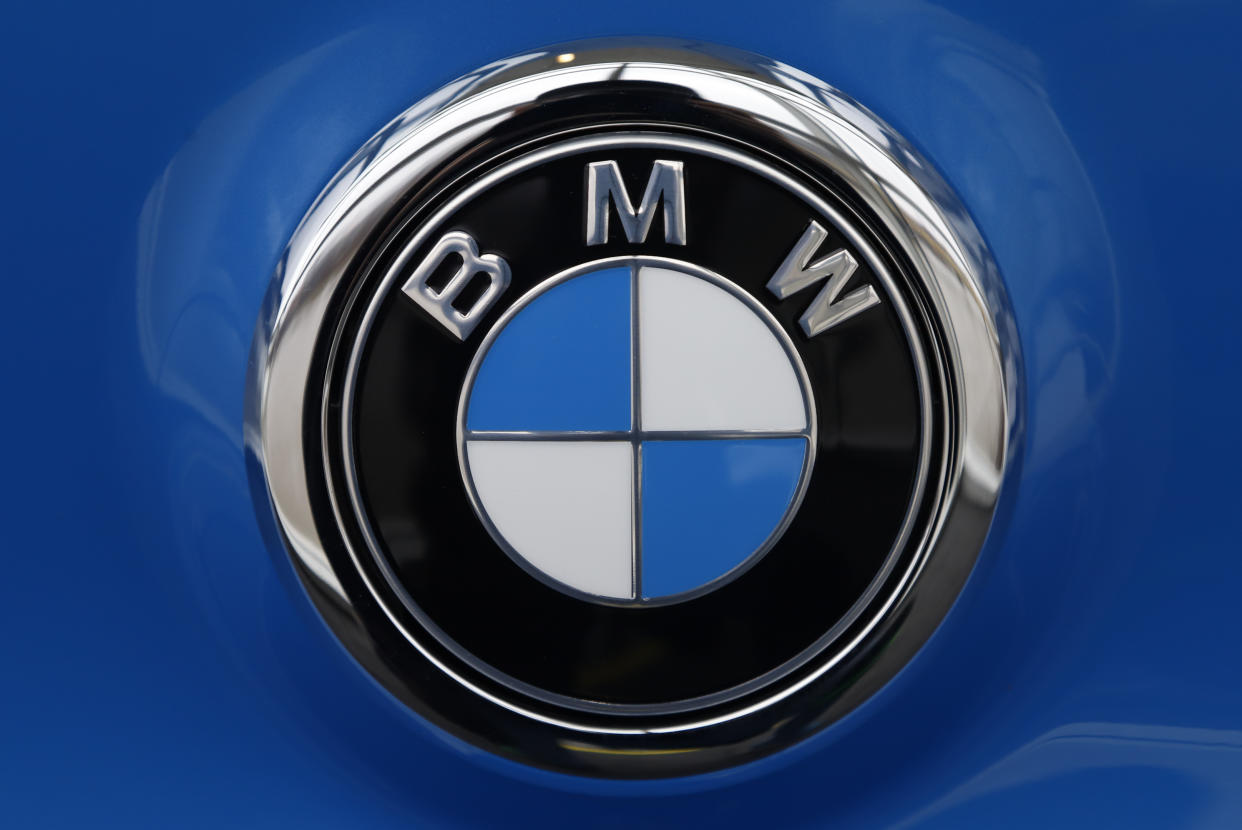What to watch: UK borrowing records, retail sales climb, BMW job cuts

Here are the top business, market, and economic stories you should be watching today in the UK, Europe, and abroad:
UK government breaks debt and borrowing records
The UK government broke records on rising debt levels, cash requirements, and borrowing in May, as the cost of the COVID-19 pandemic pushed public finances to their limit.
The Office for National Statistics and the Treasury said on Friday that government debt climbed to 100.9% of UK GDP in May — the first time public debt has breached 100% of economic output since 1963. The national debt stood at £1.9tn ($2.33tn) at the end of last month.
The rise was partly driven by record state borrowing in May. The government borrowed £55.2bn last month, nine times what it borrowed in the same month last year and the highest monthly figure since records began in 1993. Economists had expected borrowing of £50bn.
The government has now borrowed over £100bn in just the last two months, another record.
“The Treasury needed to raise more cash in the first two months of this fiscal year than in total in any prior 10 fiscal years,” Samuel Tombs, chief UK economist at Pantheon Macroeconomics, wrote in a note to clients on Friday morning.
Re-opening of DIY stores drives 'bounce back' in UK retail sales
Retail sales partially bounced back in May thanks to the re-opening of hardware stores.
The Office for National Statistics (ONS) said on Friday that retail sales jumped 12% in May, far exceeding economists’ forecasts of a rise of around 6%.
The rebound was driven by a 42% surge in sales of household goods, which the ONS put down to the re-opening of hardware, paints and glass stores.
“While some garden centres and hardware stores were able to start trading again from mid-May, many others, such as clothing stores, moved to online,” the ONS said. “The growth in May, along with the weight to retail sales, meant that non-food stores provided the largest contribution to growth in May.”
Online sales rose to a record high of 33.4% of all sales in May, driven by a near 25% jump in non-store sales.
The data suggests the slump at the tills, driven by the COVID-19 pandemic, bottomed out in April. Month-to-month sales fell by 5.1% in March and then plummeted 18.1% in April, the first full month of lockdown.
BMW to cut 6,000 jobs as part of cost-saving push
German premium carmaker BMW (BMW.DE) confirmed it will cut 6,000 jobs in Germany in an effort to cut costs, as the automotive sector struggles to recover from the coronavirus lockdowns and low demand for new cars.
German business daily Handelsblatt reported that BMW management and its works council agreed the workforce reduction will be achieved via a mixture of redundancies, early retirement, not renewing temporary contracts and not refilling vacancies. It is the first time BMW has had to downsize since the 2008 financial crisis.
BMW had said last year that it planned to cut 6,000 jobs by 2022.
The Bavarian automaker, which employs 126,000 people globally, had put some 34,000 staff onto short-hours work as production came to a halt in March after plants were forced to close as part of the nationwide shutdown to contain the spread of COVID-19.
Emergency credit card, loan, and overdraft relief to be extended
The UK’s top financial watchdog is pushing to extend credit card, loan, and overdraft relief for banking customers hit by the coronavirus pandemic.
The Financial Conduct Authority (FCA) said on Friday it wants banks and credit card providers to offer payment holidays and interest free overdrafts of up to £500 ($611) for another three months. It would mean customers could apply for special COVID-19 relief up until 31 October.
“We have been working closely with other authorities, lenders and debt charities to support consumers in the current emergency,” interim FCA chief Chris Woolard said in a statement.
“The proposals we’ve announced today would provide an expected minimum level of financial support for consumers who remain in, or enter, temporary financial difficulty due to coronavirus. Where consumers can afford to make payments, it is in their best long-term interest to do so, but for those who need help, it will be there.”
European stocks rise as EU leaders mull €750bn recovery plan
European stocks rose on Friday as EU leaders were set to begin a round of delicate negotiations about the bloc’s proposed €750bn (£667bn, $828bn) coronavirus recovery plan.
Investors shrugged off fears of a second wave of coronavirus infections and instead looked to stimulus measures across the world. In the US, Democratic lawmakers unveiled a $1.5tn (£1.2tn) infrastructure bill aimed at spurring an economic recovery from coronavirus.
Stocks were also lifted by reports that China planned to comply with its phase one trade deal with the US by increasing purchases of US farm products such as soybeans, corn, and ethanol.
The pan-European STOXX 600 index (^STOXX) rose by around 0.8%. London’s FTSE 100 (^FTSE) was up by around 1.1%, even as new data showed that the UK government broke records on debt and borrowing in May.
Germany’s DAX (^GDAXI) was up by around 0.9%, while France’s CAC 40 (^FCHI) was about 1.1% in the green.
EU leaders will on Friday hold a virtual summit to discuss the €750bn stimulus plans.
What to expect in the US
Futures were pointing to a positive open for US stocks on Friday.
S&P 500 futures (ES=F) rose by more than 0.8%, while Dow Jones Industrial Average futures (YM=F) rose by over 0.9%. Nasdaq futures (NQ=F), meanwhile, were up by around 0.8%.


